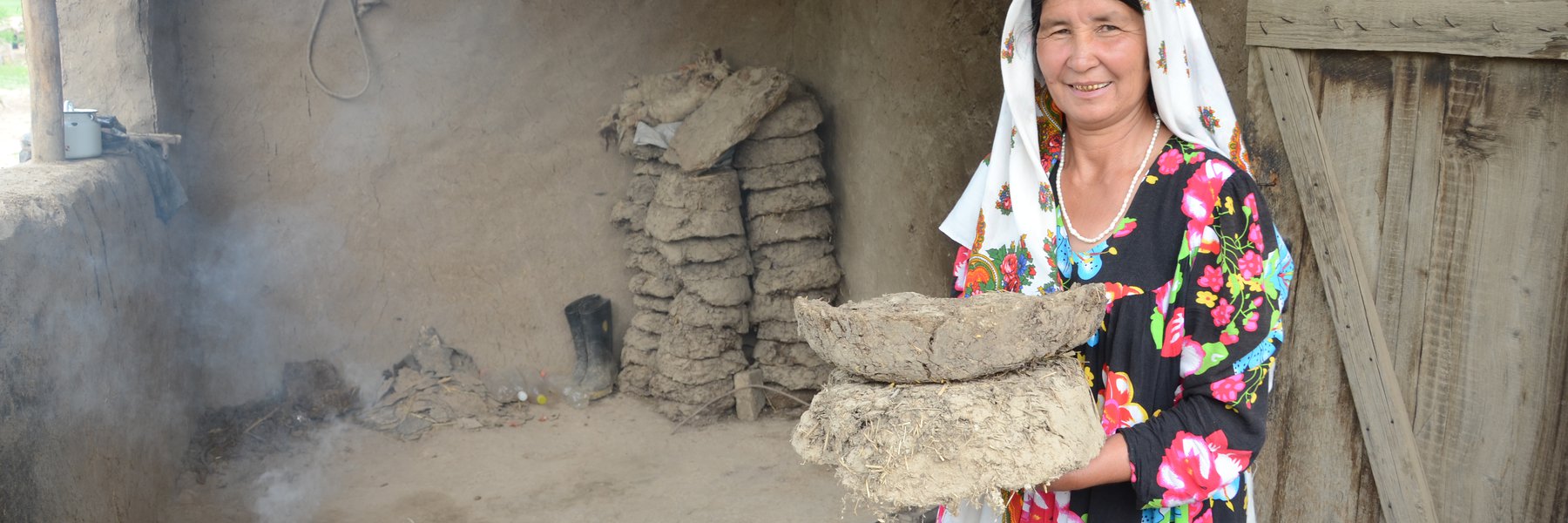

Ensure access to affordable, reliable, sustainable and modern energy for all.
Definition
Renewable energy refers to energy that is not finite – in contrast to the fossil fuels of oil, coal, and gas. A related measure to improve energy efficiency and cleanliness at domestic level is to use energy-saving stoves.
Why is energy a global issue?
Production and use of energy is one of the biggest polluters of the environment, especially when electricity is generated from coal. In many poor rural areas it also can be an environmental problem when people cut indigenous trees for wood or charcoal, or collect and dry cattle manure, and then burn these fuels, often inefficiently, on open fires. SDG 7 seeks to ensure “affordableand clean energy”.
SLM and energy
Renewable energy can take several forms, and includes bio-energy (bio-ethanol, bio-diesel, and biogas) hydropower, wind power, solar power, and wood fuel/ charcoal (when planting and harvesting are balanced). However, many of these energy sources are limited by natural conditions for their generation, and their use is constrained by storage and transport. With respect to SLM, the production of biofuels is the most important, as land degradation is often increased by growing crops for conversion into bio-ethanol or bio-diesel. The most obvious problems are the drainage of peat lands for palm oil plantations (and resulting loss of ecosystem services and increased greenhouse gas emissions), and planting of sugar cane and maize for bio-ethanol (which usually implies pure stands without rotation, requiring new land to be opened to grow food). On the other hand, small biogas plants can make positive use of animal and human wastes at household level while producing a valuable slurry for organic fertilization. For example, charcoal is often always considered “bad” – but it is actually an extremely important form of renewable energy for cooking: charcoal production can be environmentally friendly if accompanied by strategic planting of trees through woodlots or agroforestry. On the consumption side, much energy – especially for cooking – is wasted through fuel being burnt on inefficient open fires. There are many types of efficient and energy-saving stoves available these days for households in developing countries. These stoves have the added health benefit of emitting less smoke and dangerous fumes.
Our site saves small pieces of text information (cookies) on your device in order to deliver better content and for statistical purposes. You can disable the usage of cookies by changing the settings of your browser. By browsing our website without changing the browser settings you grant us permission to store that information on your device.